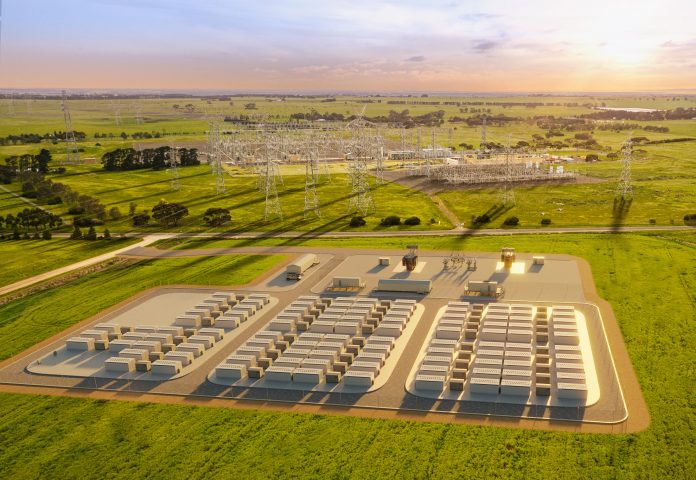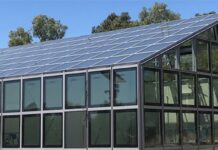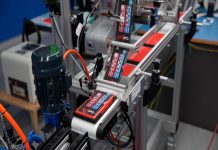
The Victorian government is bringing back the State Electricity Commission up and running to deliver government-owned renewable energy to drive down power bills in the state.
Minister for the State Electricity Commission Lily D’Ambrosio announced that the first steps to revive government-owned renewable energy are underway, which include the transfer of the SEC to the new Ministry, naming an interim chief executive officer, and establishing an SEC Expert Advisory Panel.
The Andrews Labor Government appointed Chris Miller as interim CEO of the SEC, who will work closely with a special SEC Expert Advisory Panel to revive the Commission under the responsibility of the minister.
Miller was a former deputy secretary for tourism and events at the Department of Jobs, Precincts, and Regions. He was also a senior executive at the Department of Premier and Cabinet, advising the Premier on energy infrastructure, transport and planning.
Miller also held various positions at EnergyAustralia and King & Wood Mallesons.
John Bradley, secretary of the Department of Energy, Environment, and Climate Action, will lead the panel, which will be joined by other eminent experts in energy, investment and commercial risk management, industry development, engineering, and consumer advocacy.
The SEC is intended to be a critical component in the Andrews Labor government’s 10-year plan to deliver cleaner, cheaper energy, with all profits invested back into the energy system, ensuring that it is the Victorian public benefiting from the returns and not offshore coal companies.
The Victorian government will replace coals and the new power stations will be owned by every Victorian.
A $20 million investment will also be allocated to prepare the SEC for its new role in the Victorian energy market.
The funding will be used to establish a new office at the GovHub in Morwell, as well as one in Melbourne.
“Government-owned renewable energy will create thousands of jobs, bring billions in investment and help Victoria achieve our nation-leading targets of 95 per cent renewable energy by 2035 and net zero by 2045,” D’Ambrosio said.




















